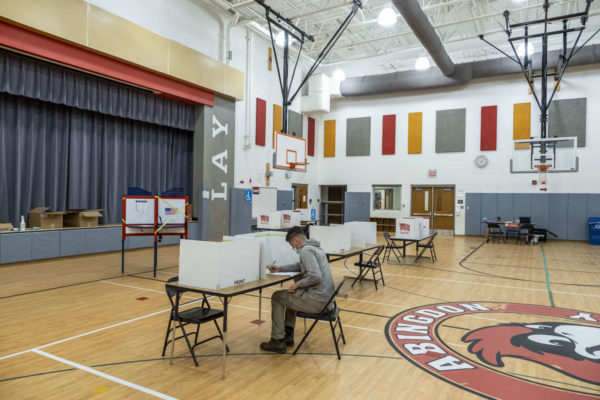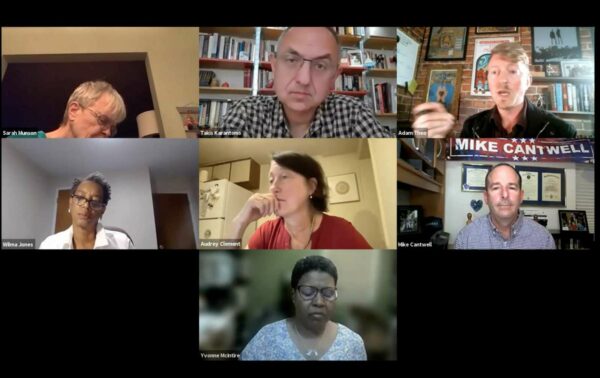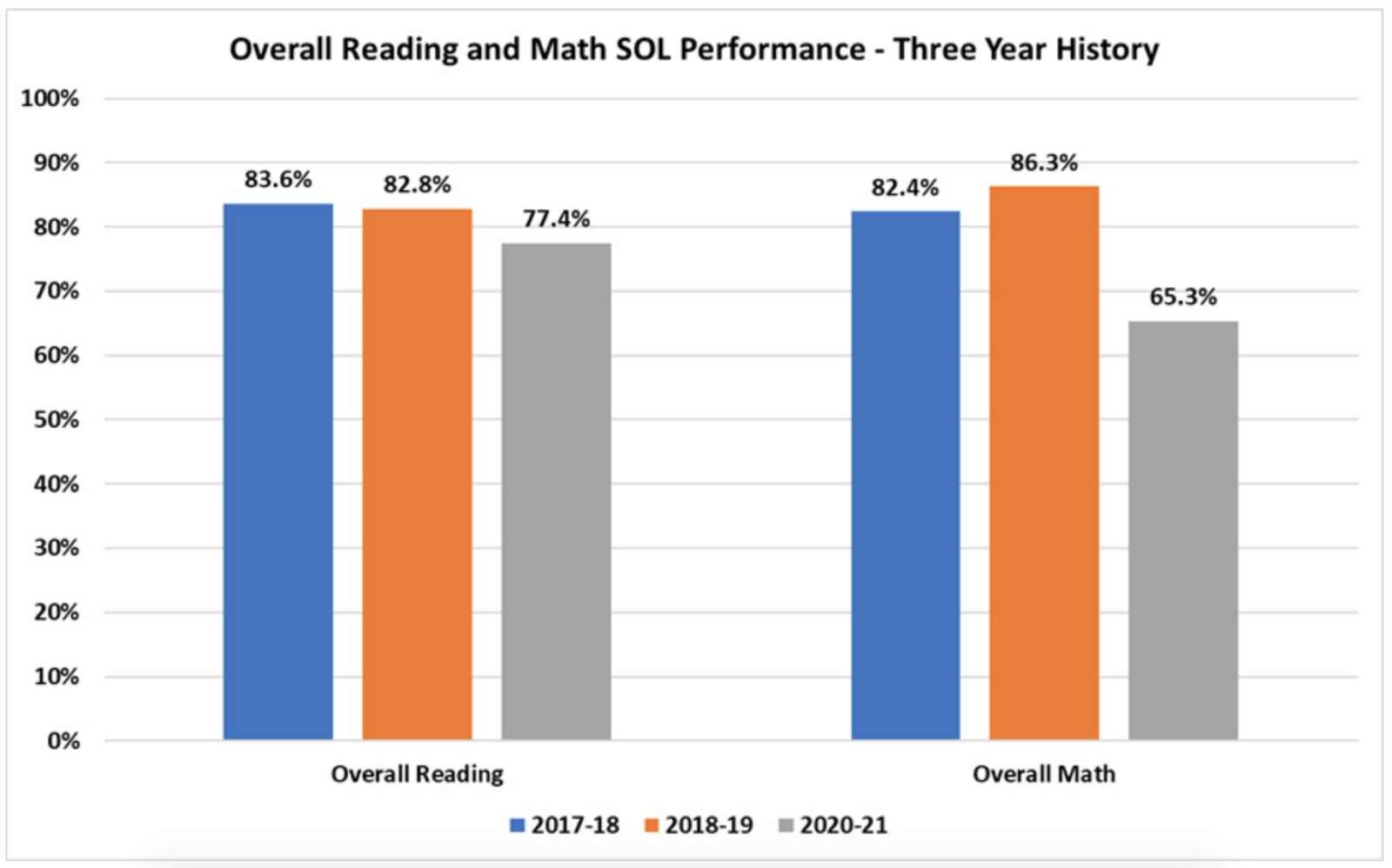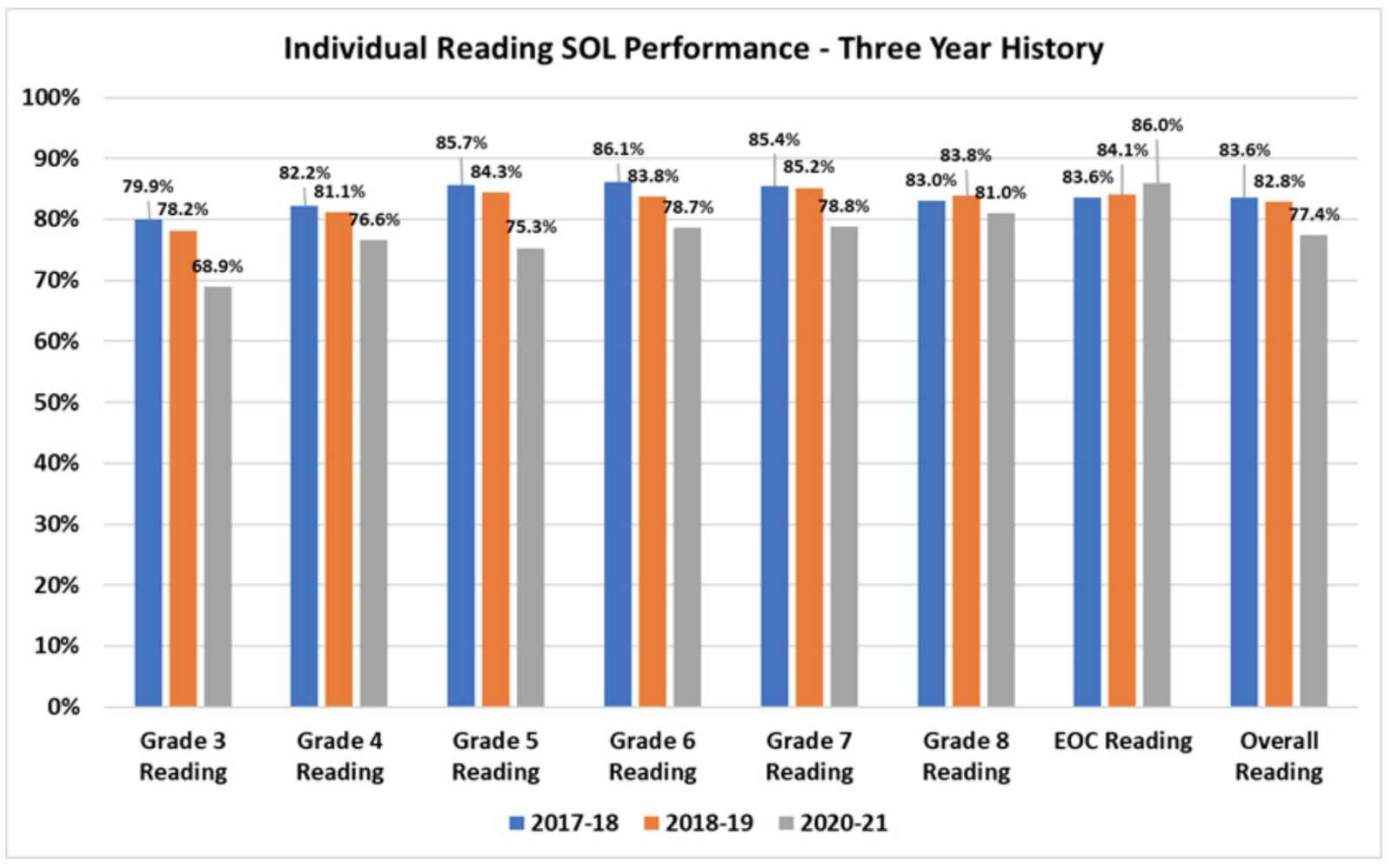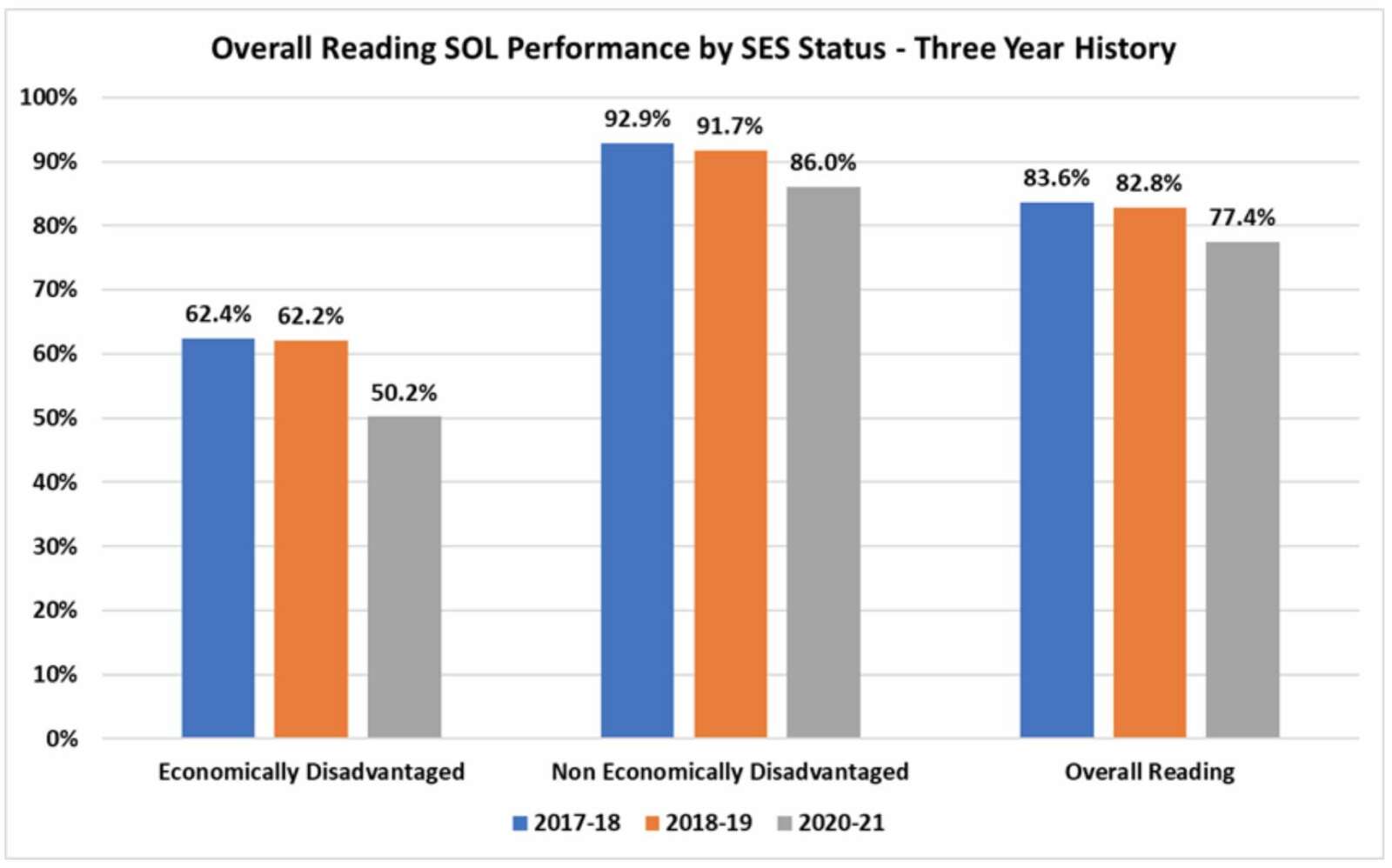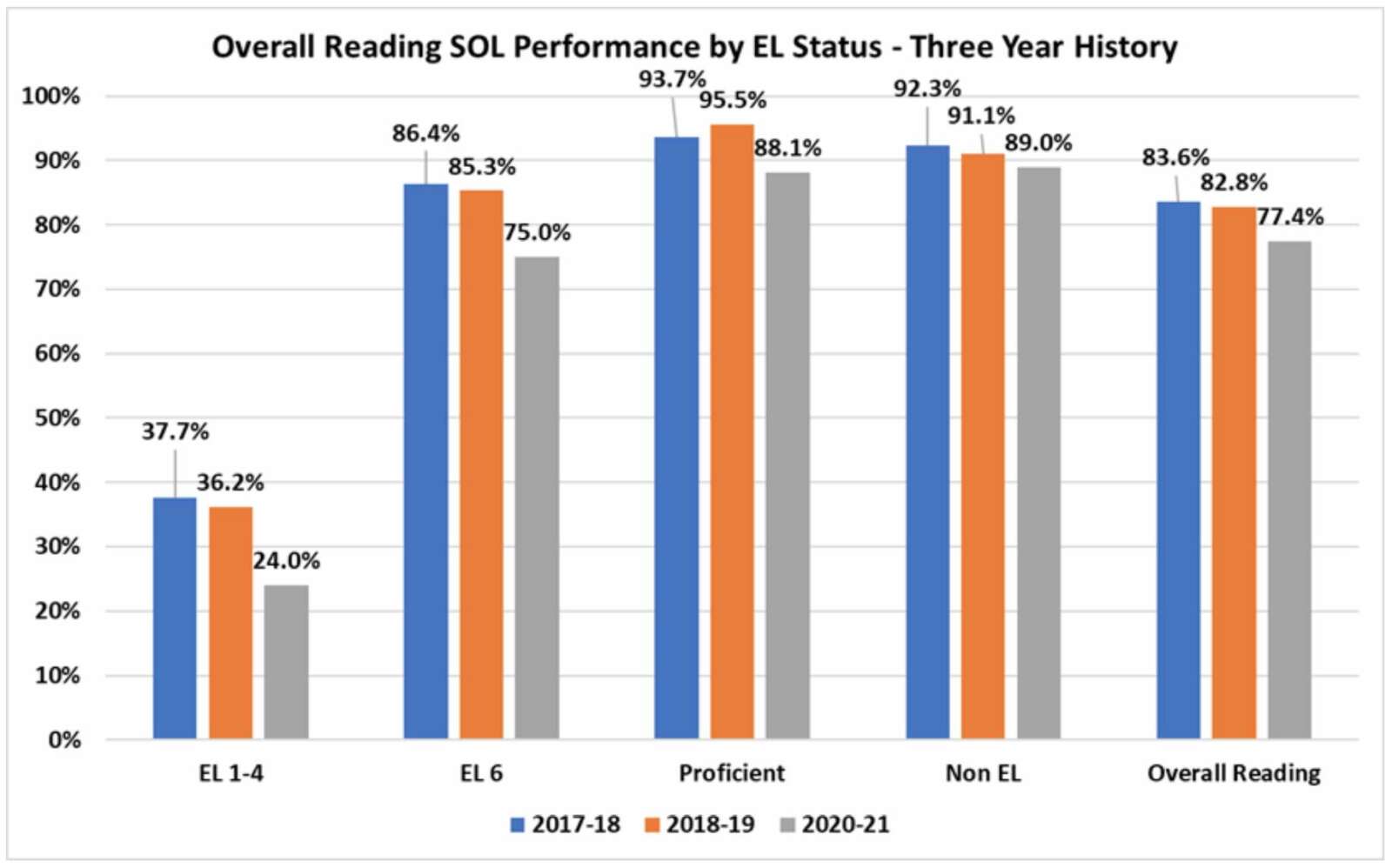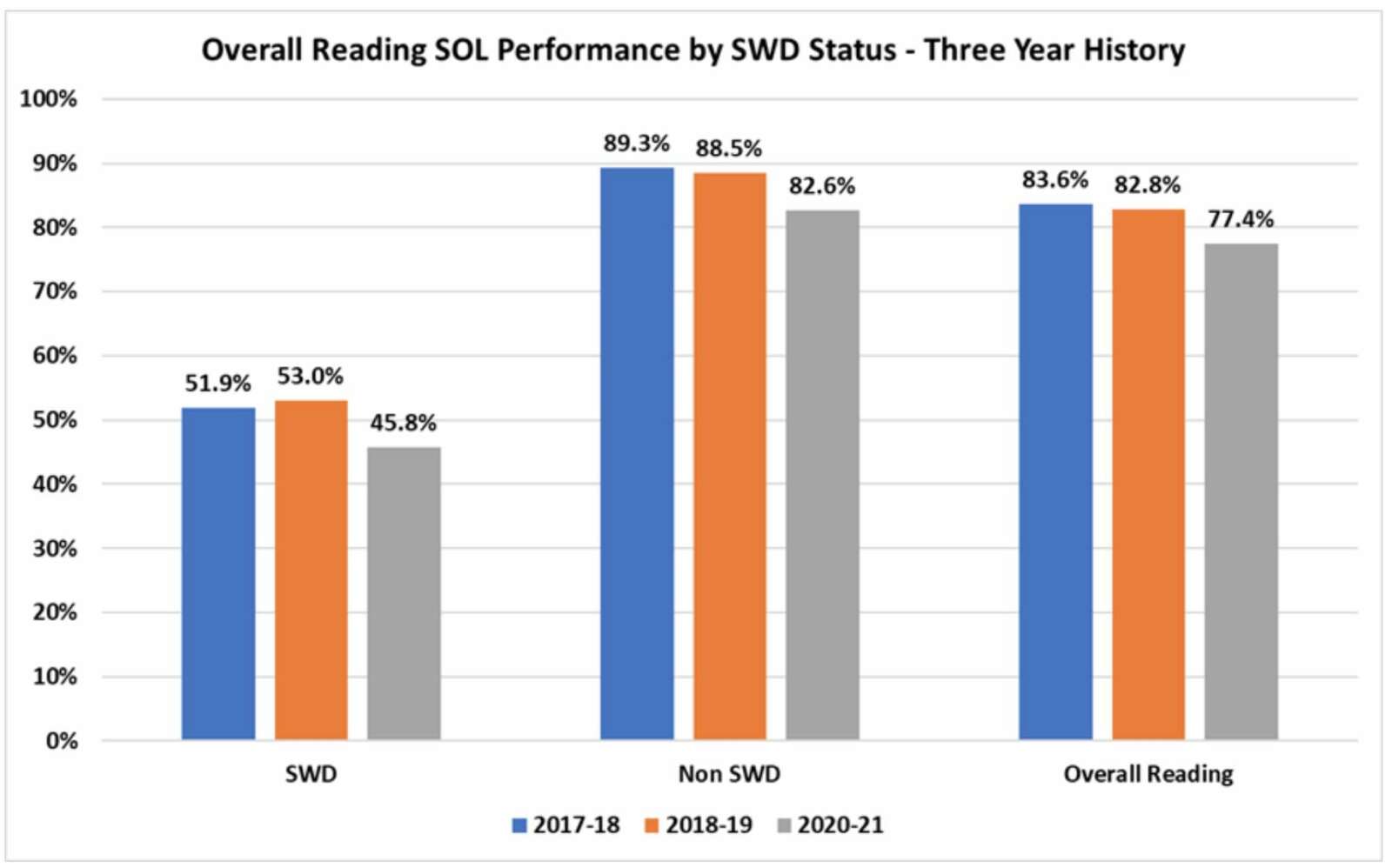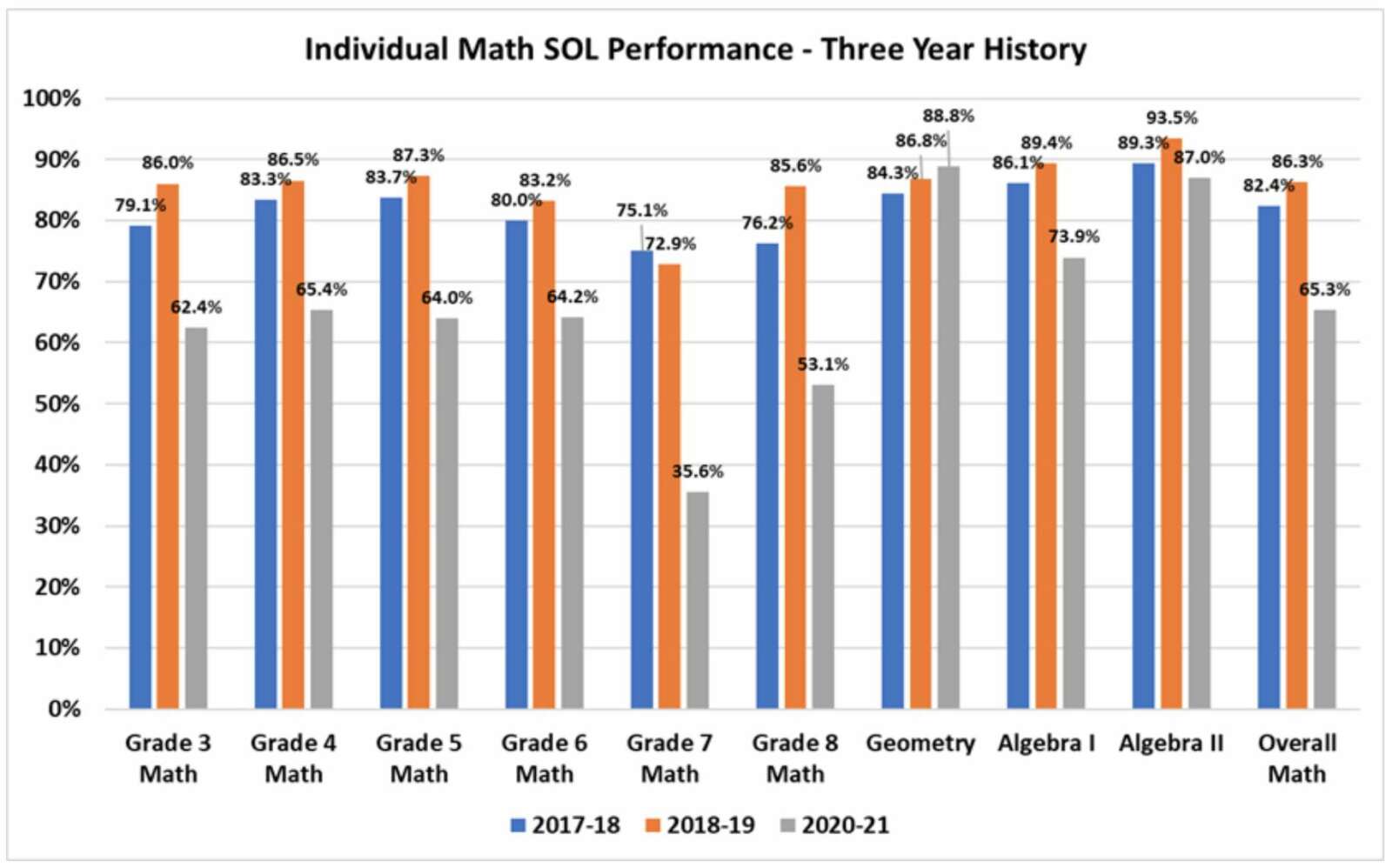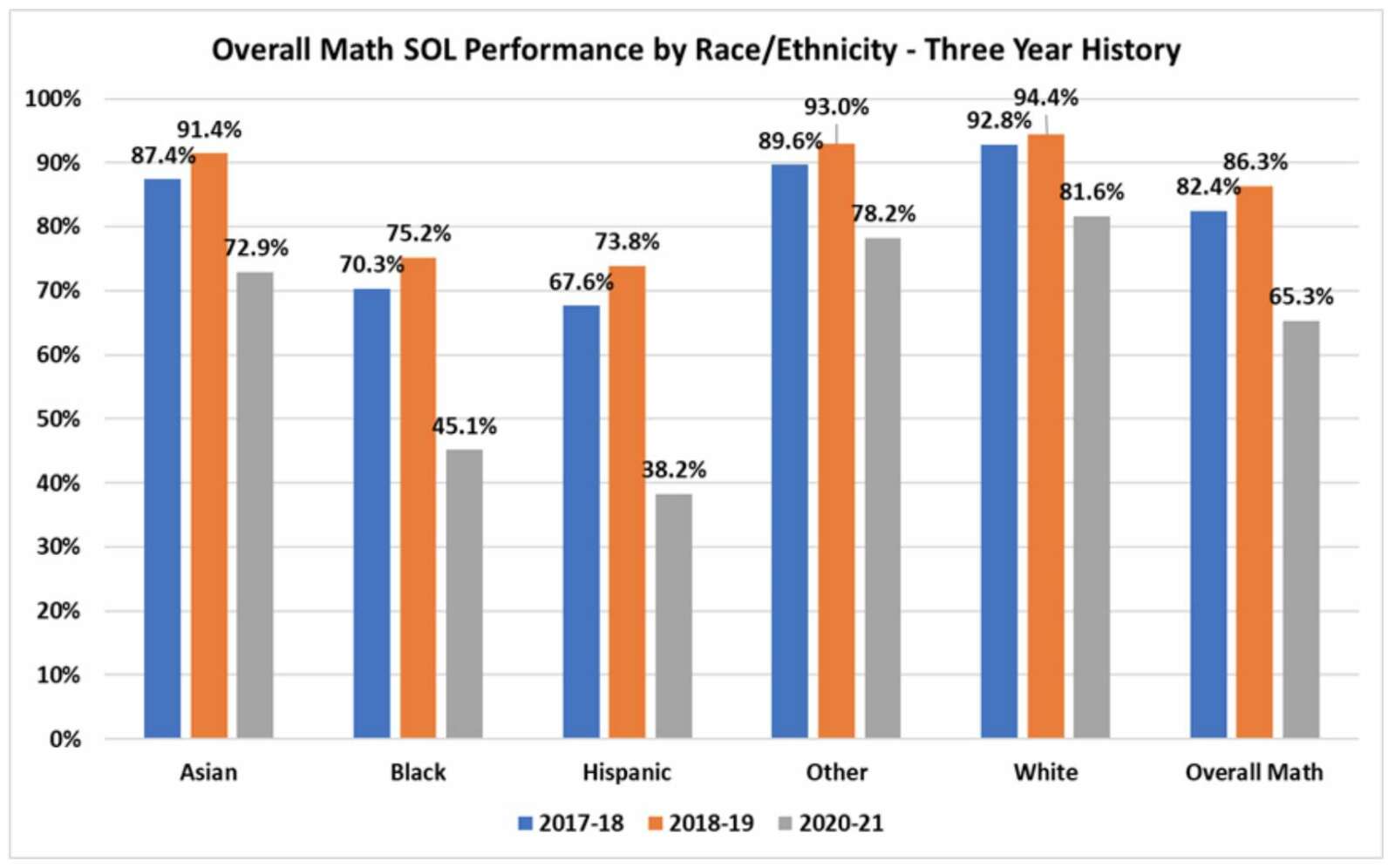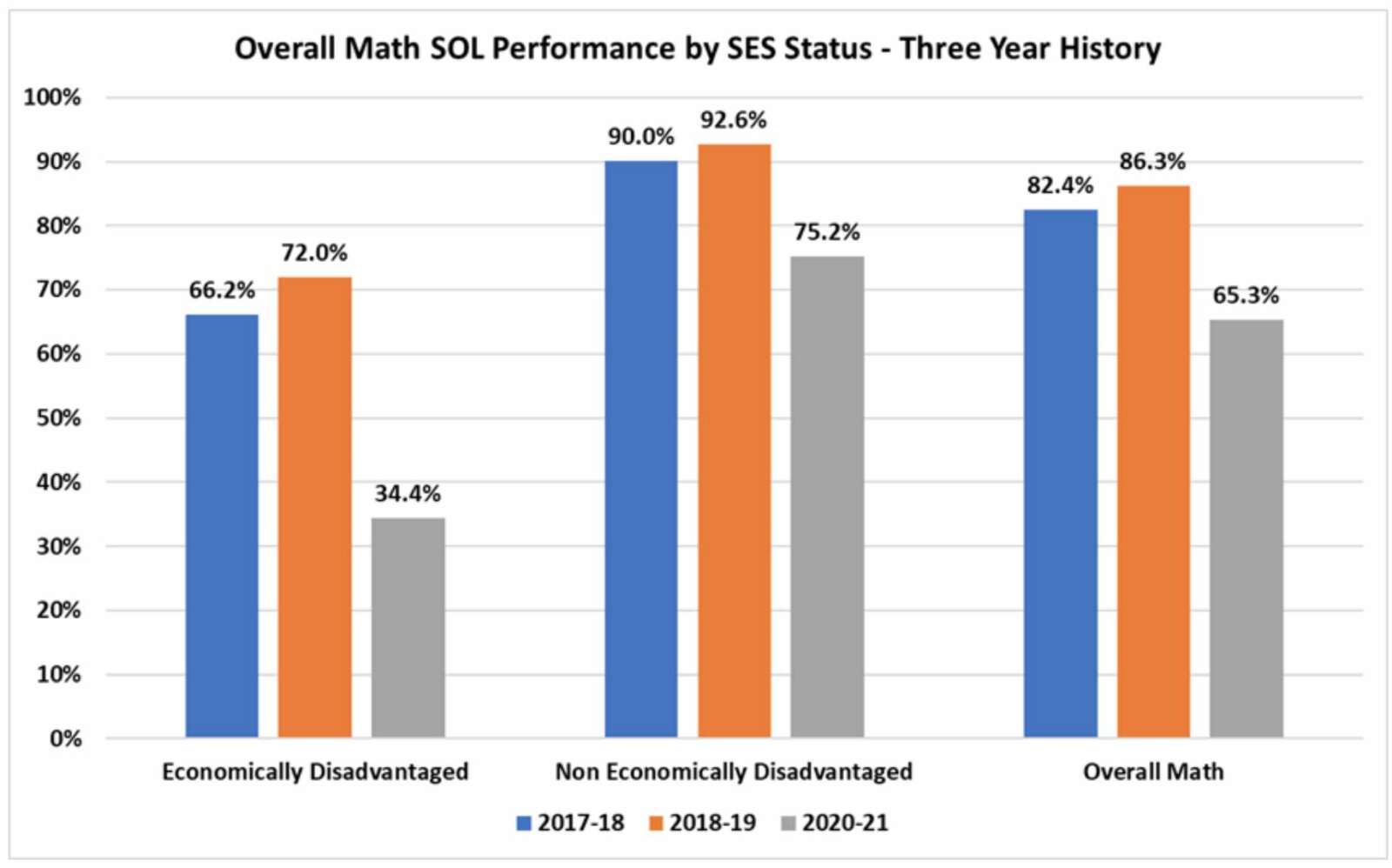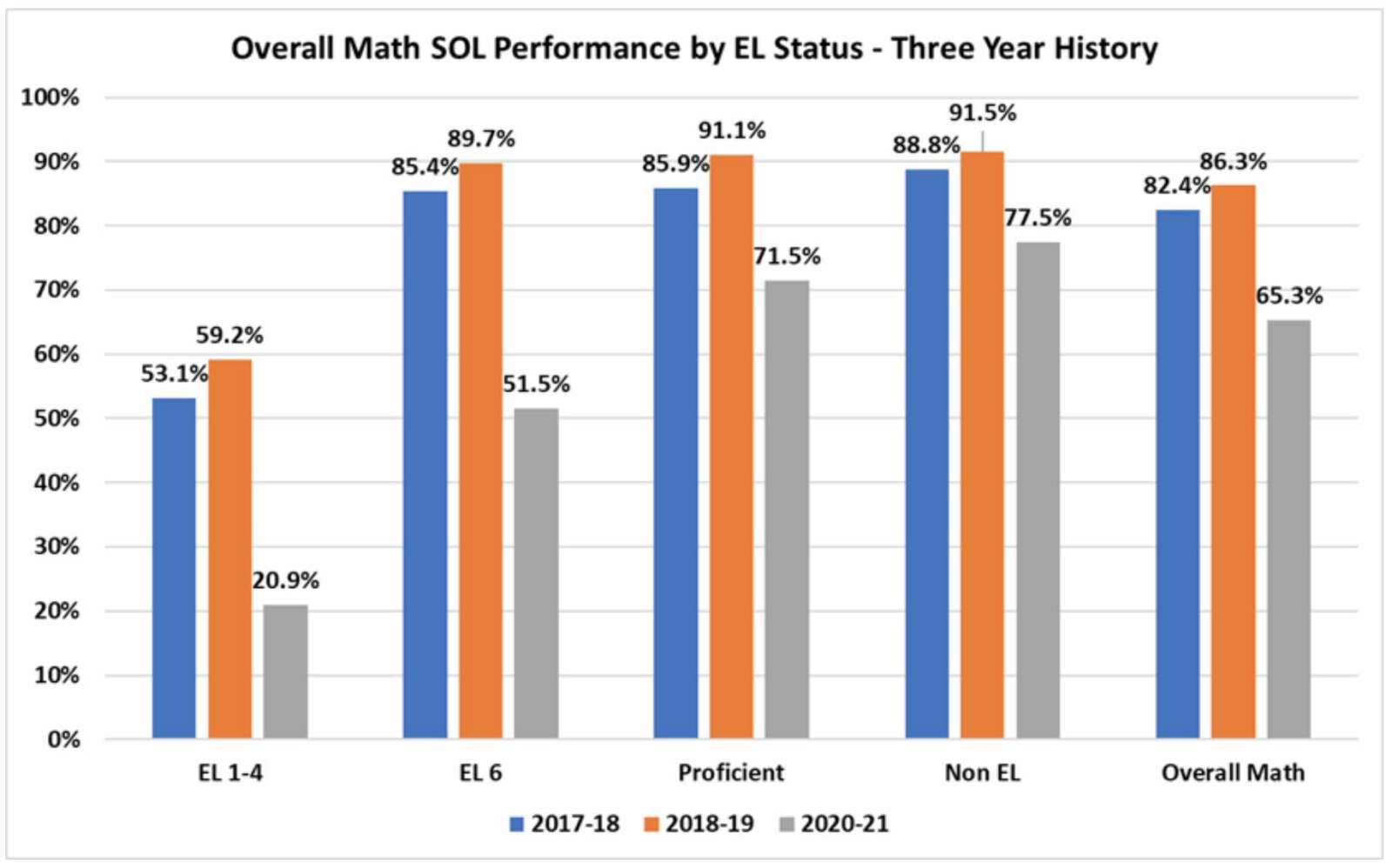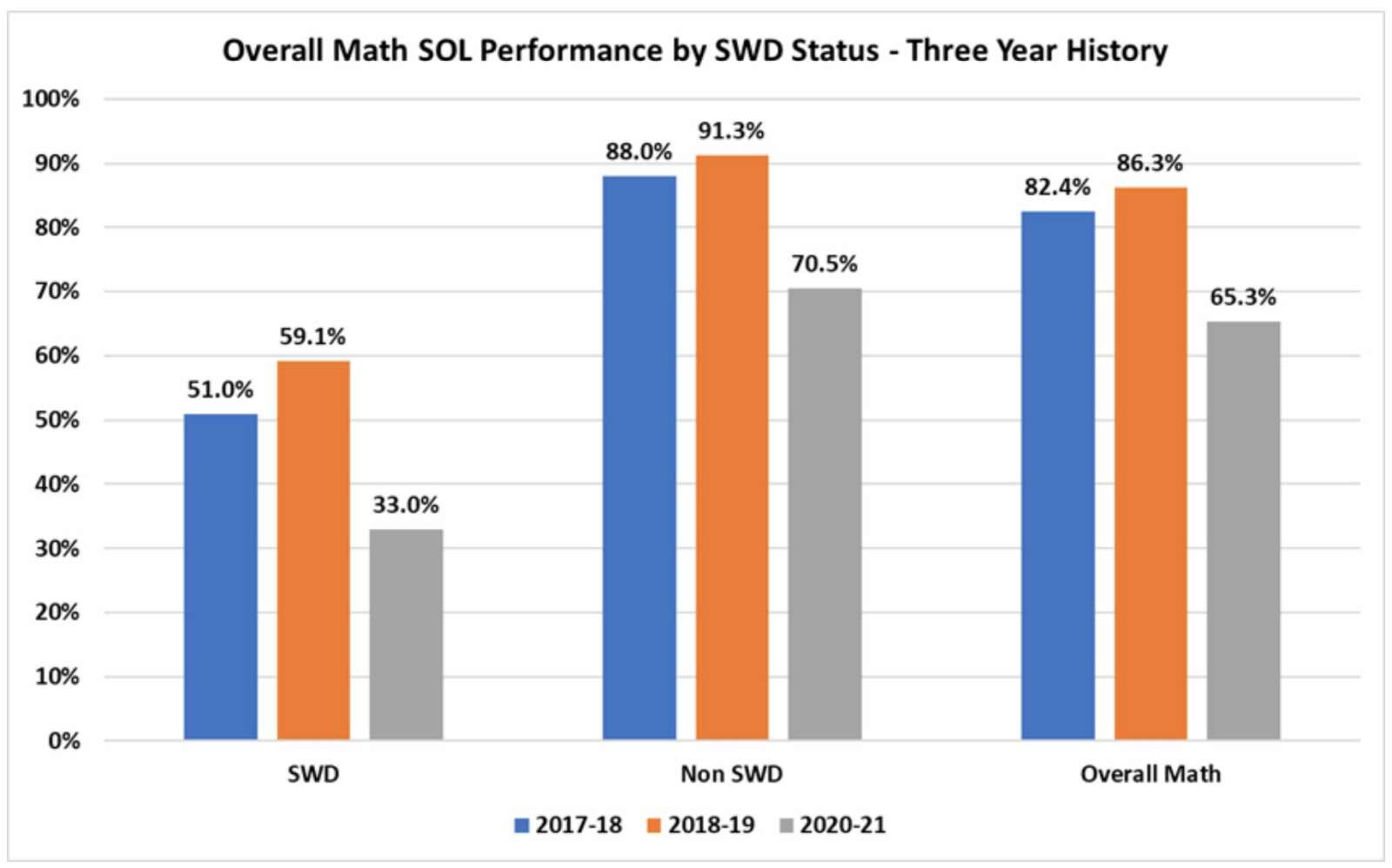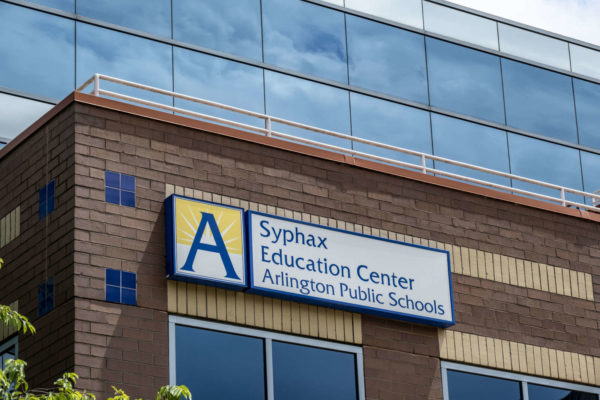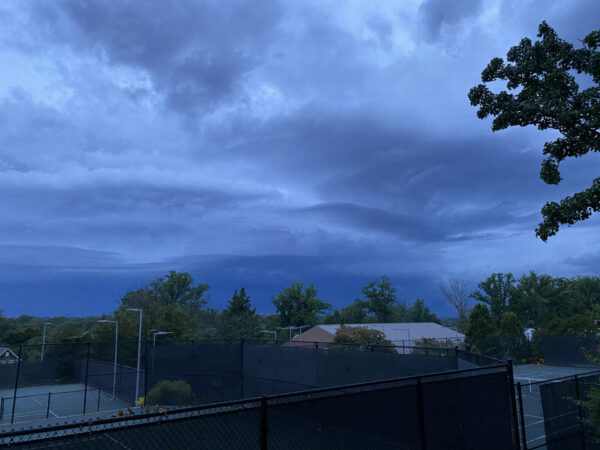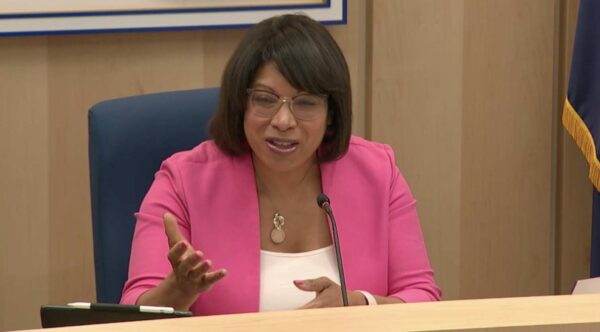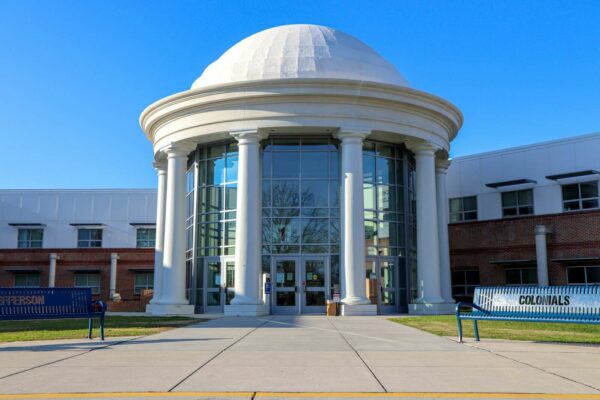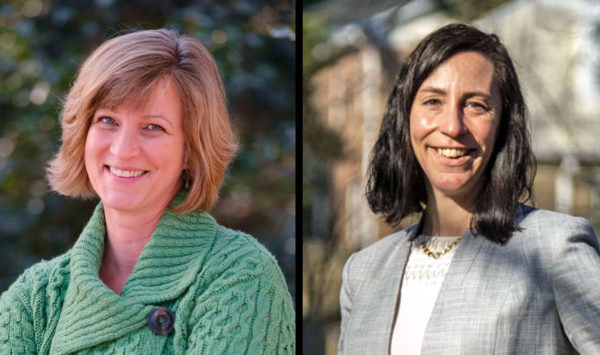Elections in Arlington County could change dramatically in the coming years.
First, County Board members are considering whether to do away with first-past-the-post voting for their seats and replace it with ranked-choice voting (RCV). And second, a 16-person bipartisan commission is redrawing boundaries for Virginia’s congressional, state Senate and House of Delegates districts, replacing the former redistricting process led by the state legislature.
As early as a 2022 primary, Arlingtonians could rank their picks for a County Board seat. They are also likely to see one fewer delegate and state senator representing the county.
During a Tuesday County Board meeting, county elections chief Gretchen Reinemeyer fielded questions from members about implementing, calculating and educating the public about ranked-choice voting and previewed how the 2020 U.S. Census could impact Arlington’s electoral districts.
A few Board members expressed their support for the system, also known as “instant runoff,” which selects a winner over the course of many elimination rounds.
“I think it does lead to much healthier campaigns and conversations,” Board Vice-Chair Katie Cristol said. “If your second choice is on the Board, making choices on your behalf, even if your first choice isn’t, I think that increases your tie to, and hopefully faith in, government,” she said.
Board Chair Matt de Ferranti said the system could fix issues in Arlington’s electoral process, but he requested more expert input before making a decision.
“Many in our community have said, ‘We don’t just want one party,'” he said. “For me, it would help [to understand] the math and then [lift] up the values that we want in our elections.”
Arlington’s ‘test run’
The County Board is expected to decide if RCV it applies to elections for their own seats, and whether it would be used in primaries, the general election, or both.
In 2020, the General Assembly gave municipalities the go-ahead to use ranked-choice voting locally, effective July 1, 2022. At the request of Del. Patrick Hope (D-47), it granted Arlington the ability to test out the system one year in advance.
So far, the county hasn’t taken advantage of this extra time, drawing criticism from this year’s independent candidates for County Board. They say the reform — although it wouldn’t apply this November — would add political diversity to the Board.
“That’s the plot by which some people in our community believe [we] have failed to act,” Board Member Christian Dorsey said.
Reinemeyer said due to an overlooked provision in electoral codes, Arlington couldn’t do anything until the state Board of Elections drafted ballot standards and tabulating rules.
School Board races are exempt both from Hope’s Arlington-specific law and the statewide one. Hope says he couldn’t find support for RCV among School Board members at the time. Still, Hope said he and Del. Sally Hudson (D-57), a sponsor of the statewide bill, are open to including School Boards if ranked-choice voting proves popular.
“I’d be open to bringing a bill in 2022 to expand ranked choice voting that would just apply to the Arlington School Board,” he said. “It could serve as a model for the rest of the Commonwealth.”


